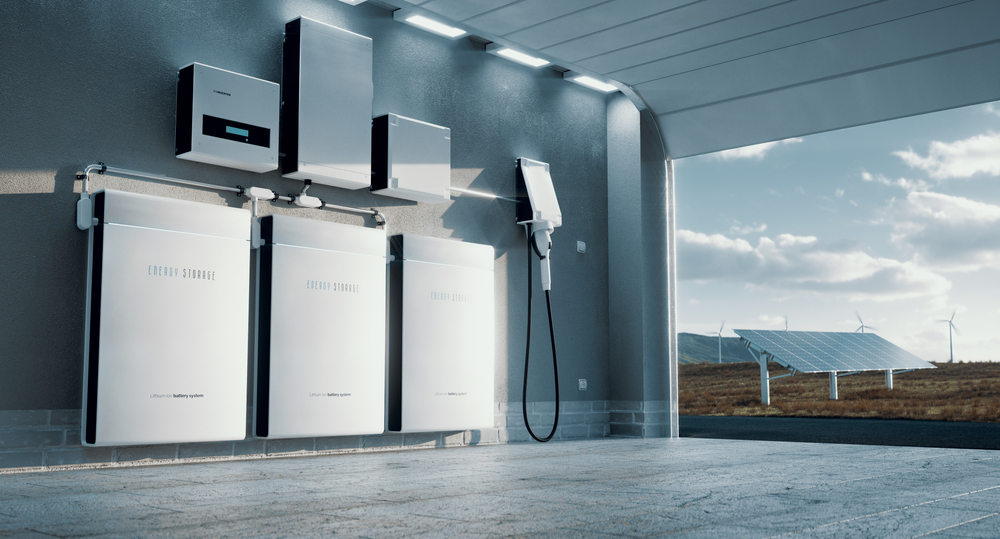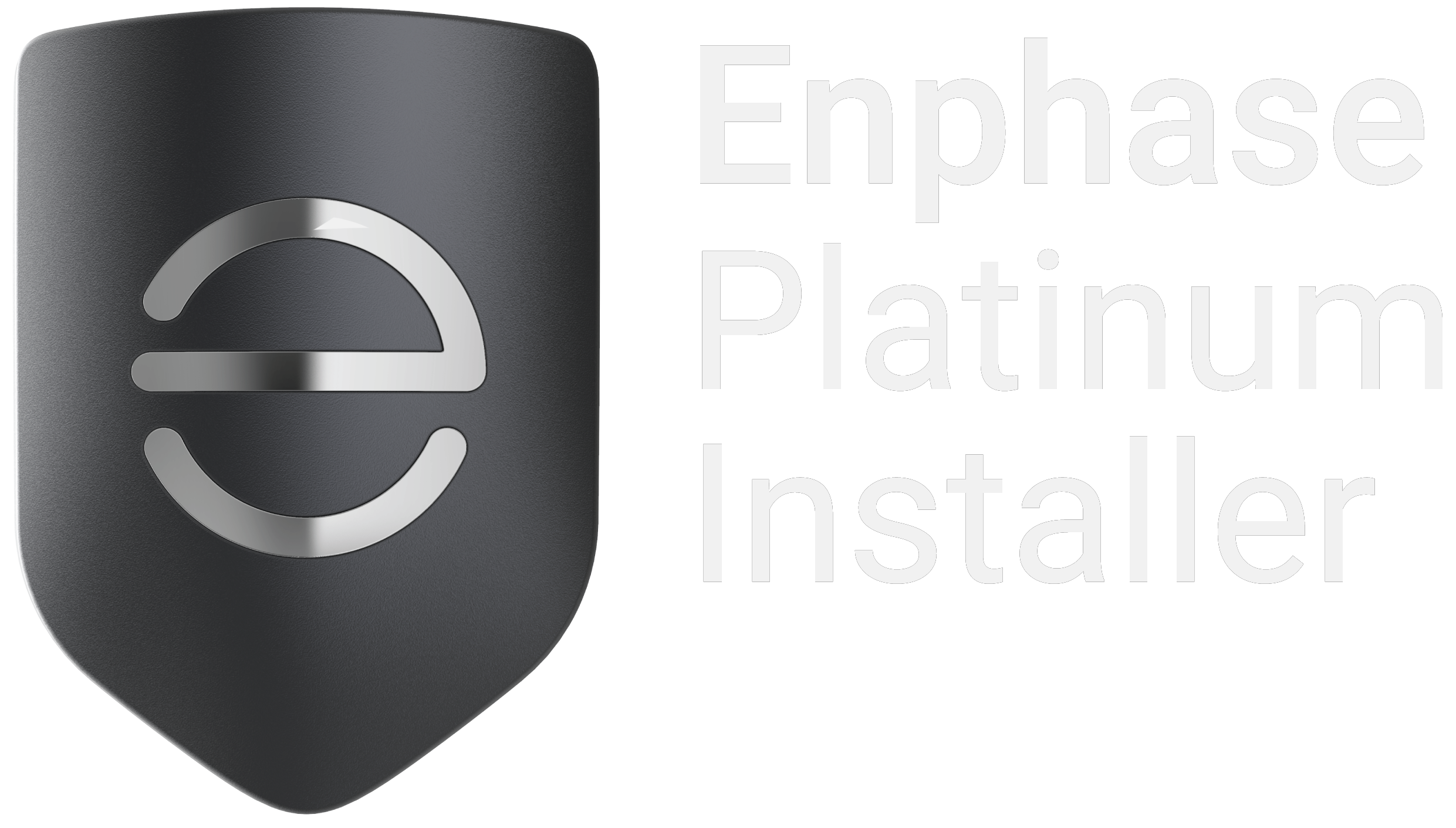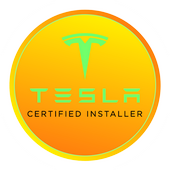
Your home’s energy consumption varies throughout different parts of the day, so a great sum of your produced energy goes completely unused by you. Solar batteries are the solution to this problem. They store the extra electricity produced by your solar panels so that you can use them for another time. This adds flexibility to your system, allowing you to use the stored power during power outages or when your panels don’t produce enough electricity on cloudy days. Batteries are an amazing addition to your solar panel system, yet many homeowners don’t truly understand what they are and what they do. That’s why in today’s blog, we’ll learn more about solar batteries by going over the most frequently asked questions on them.
What are the Benefits of a Battery Combined with Solar?
There are many amazing benefits that come when you combine batteries with your solar system. The main benefits they provide include:
- Reduced Energy Bills – When the excess energy produced by your solar system is stored for later use, this reduces—if not completely eliminates— your reliance on your grid. This will significantly reduce, if not completely eliminate, your energy bills!
- Backup Power – If the power ever goes out, your backup battery will provide the power for your home’s critical devices.
- Maximize Your Solar Panels – Your solar panels produce more power than your family consumes all the time. Unfortunately, that extra power goes to waste. Fortunately, solar batteries allow you to store that extra energy and utilize it for another time!
What are the Various Types of Solar Batteries Available?
There are various types of solar batteries available today, but the most popular one is Lithium-ion. It has many advantages! It has a high round trip efficiency, a superior energy density, and a lifespan of at least ten years!
The two most common chemistries of lithium ion batteries are:
- Lithium Iron Phosphate (LFP)
- Nickel Manganese Cobalt (NMC)
While NMCs have greater energy density than LFPs, they have a slightly higher risk of thermal runaway, which can lead to a fire. LFPs are a safer alternative as they remain cooler.
What’s the Difference Between a Solar Battery and a Generator?
A generator is a backup system typically powered by fuels such as gasoline, diesel, natural gas, or liquid propane. Generators can typically run continuously for anywhere between 7 – 12 hours at 50% energy. A solar panel battery charges from your solar panels. Depending on the backup battery, the size of your solar system, and your electricity demand, a backup solar battery can power your home’s critical devices for around 24 hours and beyond.
How Do I Choose the Best Solar Battery for My Needs?
When looking for the best solar battery that’ll fit your needs, you should consider the following key factors:
- Battery Type – The most popular solar battery types are lithium-ion. Among these batteries, you will want to consider Lithium Iron Phosphate (LFP) and Nickel Manganese Cobalt (NMC).
- Battery Capacity and Power – How much energy do you want your battery to store? Are you powering a few critical loads? Or your entire home? This will impact how many storage units you need, so take the time to analyze your needs.
- Battery Application – What’s the main reason you need a battery? The two most common reasons homeowners get solar batteries are either for reducing their electricity costs, or to have a backup power in place.
Get Your Solar Batteries with Sunlight Solar Inc!
Solar batteries can change your game if you’re looking for a reliable backup system or simply want to reduce/eliminate your electric bills. We hope answering these frequently asked questions on solar batteries helped you get a better understanding of them. If you would like to learn more or would like to get started with installing them in your home, Sunlight Solar Inc can help! Give us a call at (858) 360-8295, or click here to contact us today!






